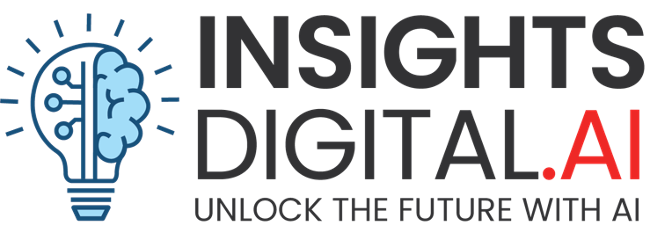AI can significantly assist scientists in navigating the complexities of medical literature, particularly regarding clinical trials and online information searches. Here’s how:
1. Efficient Literature Reviews:
- Automated Literature Searches: AI can rapidly search vast databases like PubMed, Google Scholar, and others, retrieving relevant articles based on specific keywords, MeSH terms, and research questions.
- Intelligent Filtering and Summarization: AI can filter out irrelevant articles, identify key findings, and summarize the most important information from each study, saving researchers significant time.
- Identification of Key Studies: AI can identify landmark studies, meta-analyses, and systematic reviews, providing a strong foundation for research.
2. Clinical Trial Navigation:
- Finding Relevant Trials: AI can help researchers find relevant clinical trials based on specific patient characteristics, disease conditions, and treatment options.
- Trial Eligibility Screening: AI can assist in identifying patients who may be eligible for specific clinical trials based on their medical history and other relevant factors.
- Trial Design and Optimization: AI can analyze historical trial data to identify optimal trial designs, predict enrollment rates, and optimize resource allocation.
3. Online Information Retrieval:
- Accurate Information Retrieval: AI can help researchers sift through the vast amount of online information, identifying credible sources and filtering out misinformation.
- Personalized Information Delivery: AI can personalize information delivery based on individual researcher needs and interests, providing them with the most relevant and up-to-date information.
4. Knowledge Synthesis and Analysis:
- Extracting Data from Text: AI can extract key data points from research articles, such as patient demographics, treatment details, and outcomes.
- Performing Meta-analyses: AI can assist in conducting meta-analyses by automatically extracting and synthesizing data from multiple studies.
- Generating Insights and Hypotheses: By analyzing large volumes of data, AI can identify novel research questions and generate new hypotheses.
5. Enhancing Collaboration:
- Knowledge Sharing: AI-powered platforms can facilitate knowledge sharing among researchers by connecting them with relevant experts and resources.
- Collaborative Research: AI can support collaborative research efforts by enabling researchers to easily share data, insights, and progress.
Important Considerations:
- Data Quality: The accuracy and completeness of the data used to train and power AI systems are crucial.
- Bias and Fairness: AI models can inherit biases present in the training data, leading to biased or inaccurate results.
- Explainability and Transparency: Developing AI models that are explainable is crucial to build trust and ensure their responsible use.
- Ethical Considerations: Data privacy, security, and algorithmic bias must be carefully addressed.
By addressing these challenges and leveraging the power of AI, researchers can significantly improve their efficiency and effectiveness in navigating the complex landscape of medical literature and conducting high-quality research.








